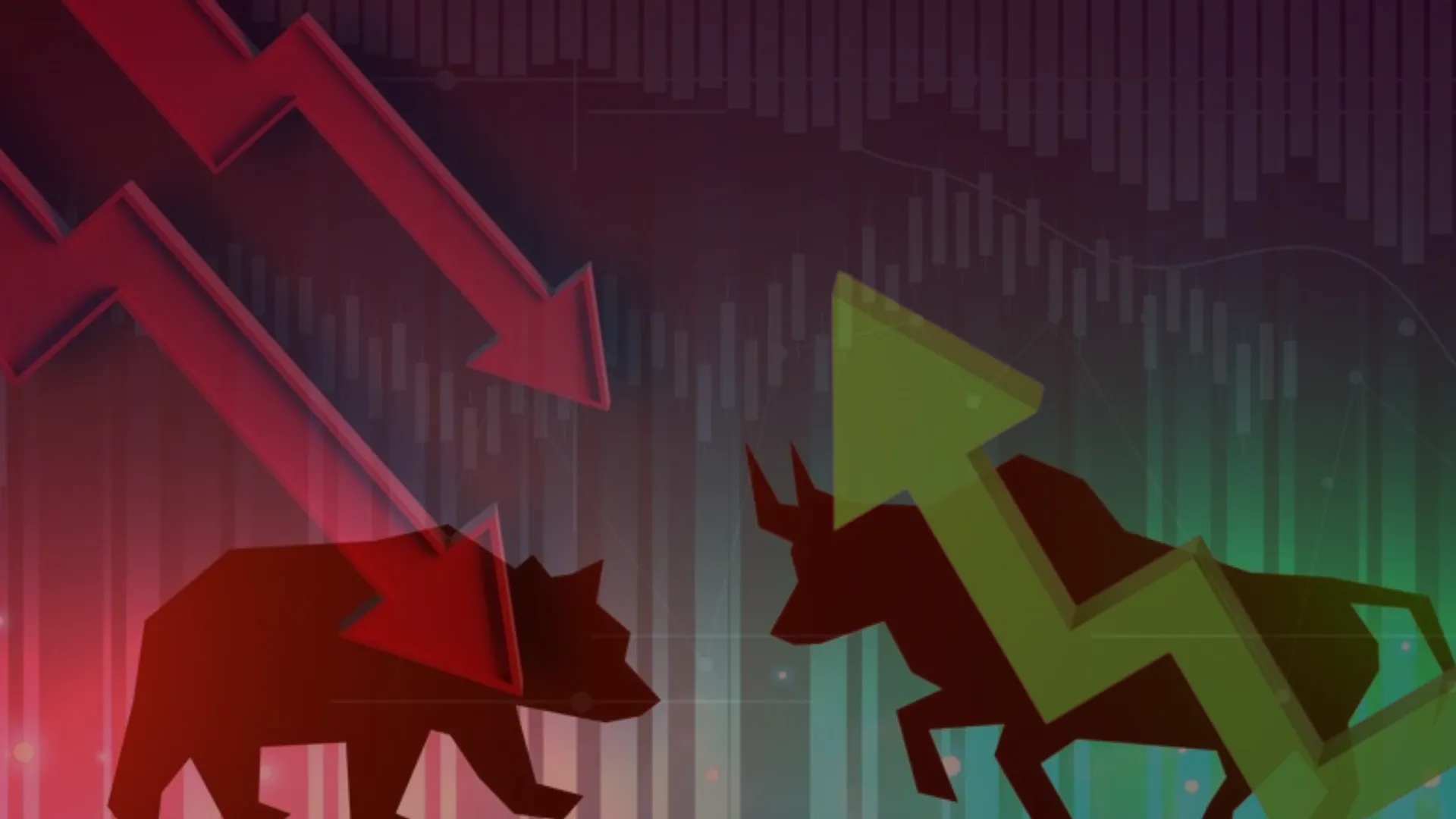In today’s modern generation, social media has completely changed how people engage and communicate with one another, giving rise to a platform for sharing of ideas and building a community. It transcends physical boundaries across countries and makes the world more connected, enabling people to keep in touch with friends and family regardless of the geographical barriers. In addition to facilitating networking opportunities, this connectivity helps to build relationships on a personal and professional level. Social media also serves as a powerful tool for advocacy and raising awareness. It gives voiceless people a platform to express themselves and their opinions, which helps social movements grow and garner a greater audience. Stop Asian Hatred, Black Lives Matter and the #MeToo movement are just a few examples of the campaigns that show how social media can lead to meaningful social change.
Regardless of these positive aspects of social media, the amount of negative effects have been consistently outnumbering them and one such negative component contributing to the dark side of the social media is trolling or cyber bullying. The laymen definition of trolling or cyber bullying states that it is an act of publishing negative statements on online forums with the intention of upsetting or off-setting the recipient of these comments. This has become a very common and a widespread problem on social media platforms which has particularly been affecting the youth across the globe. Comments and statements under the post of several individuals like, “You are so ugly and stupid”, “I hate homosexuals” and etc. are some of the examples of how individuals are targeted over the internet and can have drastic mental consequences.

The question arises: does social media standardize trolling?
Normalization of trolling
Social media does, in many respects, normalize trolling, in terms of both its frequency and the techniques the trolls employ. Trolling can flourish because of the way social media platforms are built, which is to maximize engagement and allow for quick, mass communication. Trolling behaviors have become more typical due to features like anonymity, virality, and the simplicity of creating many accounts.
Firstly, trolling has been standardized in large part because of anonymity. Users can register for accounts on a lot of social media sites without having to provide proof of identification. People are more willing to act in ways they might usually refrain from, in person, out of fear of the consequences, when they are anonymous. Because trolls can conceal themselves behind fictitious names or identities, it can be challenging to hold them responsible for their deeds. Because of this lack of accountability, trolling has come to become a normal aspect of online communication.
Secondly, disrespectful view points of the bullies online can be amplified by the echo chamber effect that is inherent on social media. Users often communicate and follow others who share opinions that are same as theirs, which tends to reinforce their own beliefs. Extreme viewpoints can normalize in such homogeneous communities, and opposing viewpoints are usually suppressed. As a result, there may be a culture in which engaging in hate speech is not only accepted but also encouraged as a means of gaining social approval within the group.
ALSO READ: ‘Sharmin Segal Chose Not To Assist Sanjay Leela Bhansali On Ram-Leela For This Reason’
Social media regulations not enough
Although sites like Instagram have features that regulate hateful or offensive phrases and statement like blocking those comments or hiding them but it is still highly unregulated which, as a result, perpetuates bullying. Trolls can still continue their activities on social media sites even after they are reported or banned since they can create many accounts or profiles. Because of this ability, authentic account holders find it difficult to stop trolling because trolls can easily make other identities. The loop of trolling is sustained by the simplicity with which accounts may be made and deleted, which lowers the deterrent effect of possible penalties.
It’s important to remember, though, that not every social media user engages in or supports trolling. Numerous groups and people make a concerted effort to curb trolling, encourage constructive conversations, and take a stand for those who are being harassed online. For instance, a few months ago, 16-year-old Priyanshu Yadav, also known as “Pranshu,” a class 10 student from Ujjain, Madhya Pradesh, tragically died by suicide. He was the victim of constant harassment for creating makeup and fashion related content on Instagram which is considered to be a feminine trait by the society and also because of his queer identity. Priyanshu, who had just over 15K Instagram followers, was overwhelmed by the outpouring number of trolls and hate on his Instagram posts and could not take the bullying anymore which is why he decided to end his life, shortly after.
Social media companies have also put in place a number of anti-trolling measures, including tools for moderation, channels for reporting issues, and changes to their algorithms that lessen the prominence of offensive information.
In conclusion, trolling is not a celebrated or encouraged part of online engagement, even though social media seems to have greatly normalized it. Ongoing initiatives to combat and reduce trolling are a reflection of a larger battle to reshape social media into an environment that values polite and productive conversations.


























